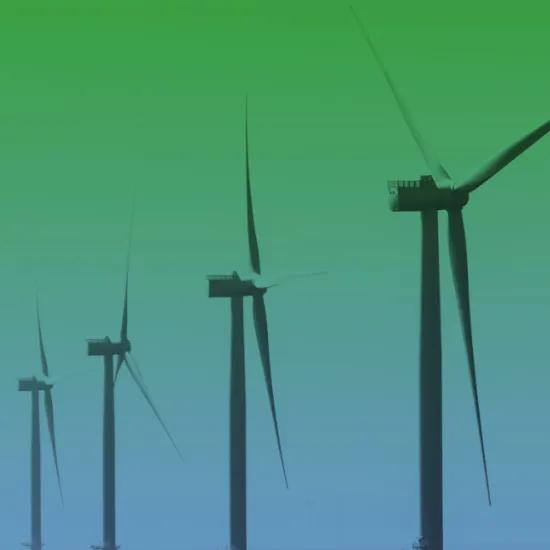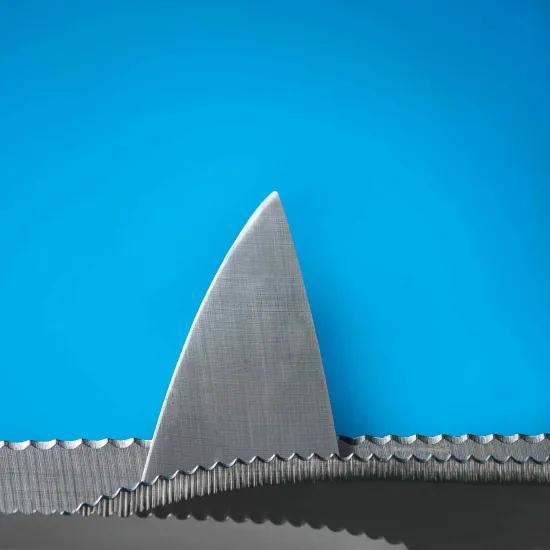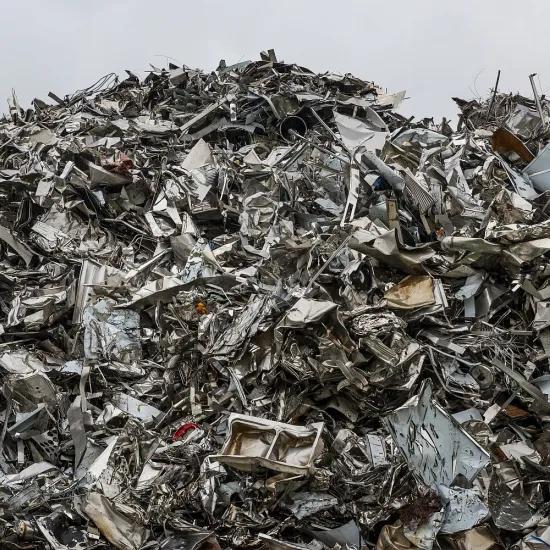The DCT4Cut project investigated the benefits of heat treatment with deep cryogenic heat treatment and the use of special coatings for the service life of complex punching tools. Four different types of cold work steel were studied by Sirris and the Fraunhofer institute.
On 18 March, an online users’ meeting was organised by the German professional association FOSTA (Forschungsvereinigung Stahlanwendung) and the Belgian network organisation for surface treatment (VOM) on the progress of the Cornet project DCT4Cut.
User meetings had previously been organised by country only. Due to the current Covid-19 measures, an onsite meeting could not take place and a joint meeting in the form of a webinar was the best alternative.
Structure of DCT4Cut
The DCT4Cut research project comprises a number of work packages on the use of cold work steel for punching applications. Specifically, it seeks to demonstrate the benefits of heat treatment with deep cryogenic treatment (DCT and ‘cyclic’ DCT) and the use of special coatings for the service life of complex punching tools.
For this study, four different types of cold work steel were preselected: a conventional molten cold work steel K110 (1.2379), an ESR-refined steel Caldie and two powder metallurgical (PM) steels - Vanadis 4E and K390. The choice of these samples is based on previous experience (gained during the completed Infiblank project), as well as on the experience of some users at home and abroad. There are, of course, other steels that can be considered for the intended application. To limit the number of tests, only four steel grades were considered for this purpose.


